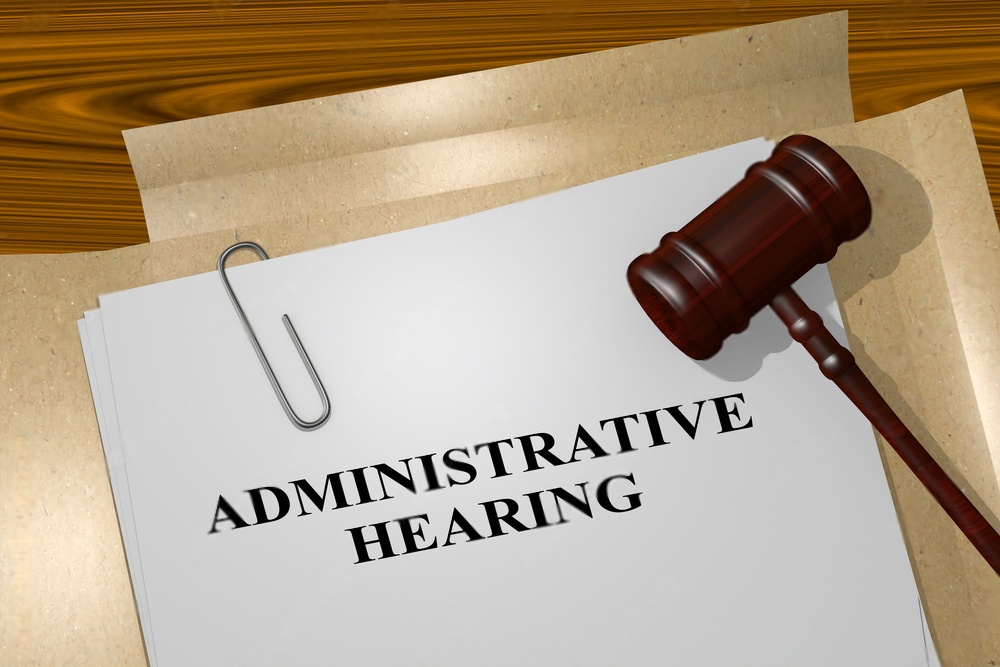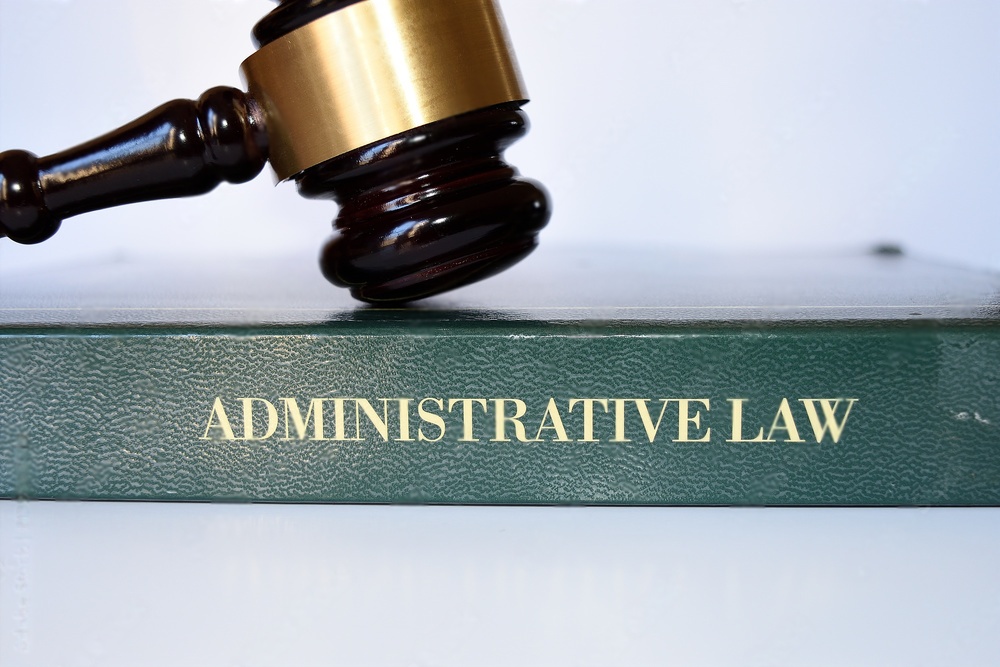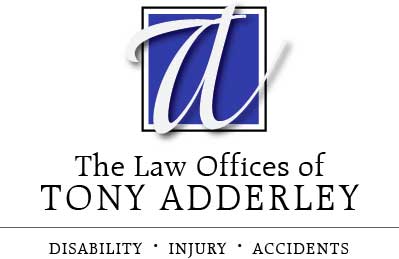Hearing Scheduled
The Social Security Disability Hearing
Who attends the Social Security disability hearing?
At a Social Security disability hearing, the claimant will typically attend. The claimant's representative (attorney, paralegal, etc.), the Administrative Law Judge, vocational and/or medical experts, and witnesses may also be present.
What happens if I don't have a lawyer at my Social Security disability hearing?
If you do not have a lawyer present at your Social Security disability hearing, you may still be able to represent yourself successfully. However, it is generally recommended that applicants have a lawyer present to help them present their case in the best possible light. The lawyer can help ensure that all evidence is presented and can guide you through the hearing process.

Should I get my doctor to testify at my SSDI hearing?
It depends on your situation. Generally, it is recommended that you get a medical opinion as part of your evidence at a Social Security Disability hearing. However, if your doctor does not specialize in the medical condition you have, it may not be necessary to have them testify. It is best to discuss with your attorney what evidence would be most beneficial for your case.
What are my chances of winning my SSI claim if I do not have a lawyer?
You can technically represent yourself without a lawyer in trying to get a disability or SSI claim approved, but it may be difficult. In most circumstances, it is beneficial to have a lawyer who is experienced in Social Security law to help you with your claim. A good lawyer can improve the chances of success for an SSI claim significantly.
How long does it take to get my disability hearing scheduled?
The time it takes to get your disability hearing scheduled will depend on a few factors, including the jurisdiction and your case's complexity. Generally, a hearing will be scheduled within six months of your request for hearing being filed. It is possible that your wait times may be significantly longer depending on the number of pending hearing in your area.
The time it takes to get your disability hearing scheduled can vary depending on many factors, including the administrative law judge’s caseload and where you live. Generally, it takes around three to six months from the time you request a hearing to when it is scheduled.
Can I get my SSI hearing expedited?
Yes, in some circumstances it is possible to get an expedited hearing with the Social Security Administration for an SSI claim. You will need to provide medical evidence and other documentation to support your request. You should contact your local Social Security office for more information about the steps you need to take.
Lawyers play an important role in Social Security disability hearings. They represent the disabled individual in arguing their case in front of an Administrative Law Judge (ALJ). A lawyer who is experienced in Social Security disability hearings will prepare their client for the hearing and prepare the case.
First, the lawyer will listen to their client’s story in order to prepare for an effective presentation. Any relevant medical documents are gathered and they will seek out any additional medical evidence that may support their client’s disability. After the medical evidence is collected, the lawyer will review it and assess the overall strength of their client’s disability claim.
Next, the lawyer will make sure the file is clean and correct any mistakes in the application or documentation. This is important because technical errors could cause the application to be denied. They will also review any of the other parties’ medical evidence as well as the Social Security Administration’s records.
The lawyer will then prepare an outline of the client’s case that can be presented to the ALJ. This could include what Social Security regulations and medical opinions support the disability claim and any other evidence that may help the case. It also includes any legal arguments that may help to win the claim.
Finally, the lawyer will prepare his client for the hearing. This includes making sure that the client is prepared to answer any questions from the ALJ. During the hearing, the lawyer will present the case for the claimant and make sure that all relevant evidence is presented. The lawyer can also provide legal arguments that can help sway the ALJ’s decision.
A lawyer’s role in Social Security disability hearings is to provide strong legal representation for the claimant and ensure that all evidence is presented accurately and persuasively. The lawyer can give the disabled individual the best chance possible of securing benefits, thus making it essential for those seeking disability benefits to ensure they have quality legal representation.
If you have a physical or psychological impairment that prevents you from being able to work, you may be eligible for Social Security disability benefits. In order to receive those benefits, however, you often have to go through a Social Security disability hearing. Knowing what to expect and how to prepare for the hearing can help ensure that your application for disability benefits is successful.

What happens during the hearing?
The Social Security disability hearing process can be arduous and intimidating, so it is important to be realistic about your expectations. Having a strong understanding of the hearing process and preparing for it ahead of time can go a long way toward helping you get the benefits you deserve.
Social Security disability hearings are an important stage in applying for Social Security disability benefits. The hearings offer a chance for applicants to make their case to an administrative law judge and be considered for the benefits they deserve.
A Social Security disability hearing is conducted by an administrative law judge, who is employed by the Social Security Administration (SSA). These hearings are held when disability benefits are requested or the SSA has denied an application.
When an applicant arrives for the hearing, they are usually given an opportunity to explain why they believe they deserve benefits. Documents and other evidence, such as doctors’ records, may also be the subject of discussion at the hearing. The judge may also question other witnesses in attendance, including the applicant's doctor, relatives, or employers. This is done to evaluate the applicant's situation more thoroughly.
At the end of the hearing, some judges make an immediate decision. The judge will either approve the application for Social Security disability benefits or deny the case. If the judge denies the case, they must explain why in writing. Regardless of what happens after the hearing, the judge's decision can be appealed if it is believed the judge was wrong.
A Social Security disability hearing is a necessary step in the process for obtaining Social Security disability benefits. Although the hearings may seem intimidating, they offer applicants a chance to make a strong case for why they should be approved for benefits. With the right preparation and understanding, applicants can put themselves in a better position to get approved.
